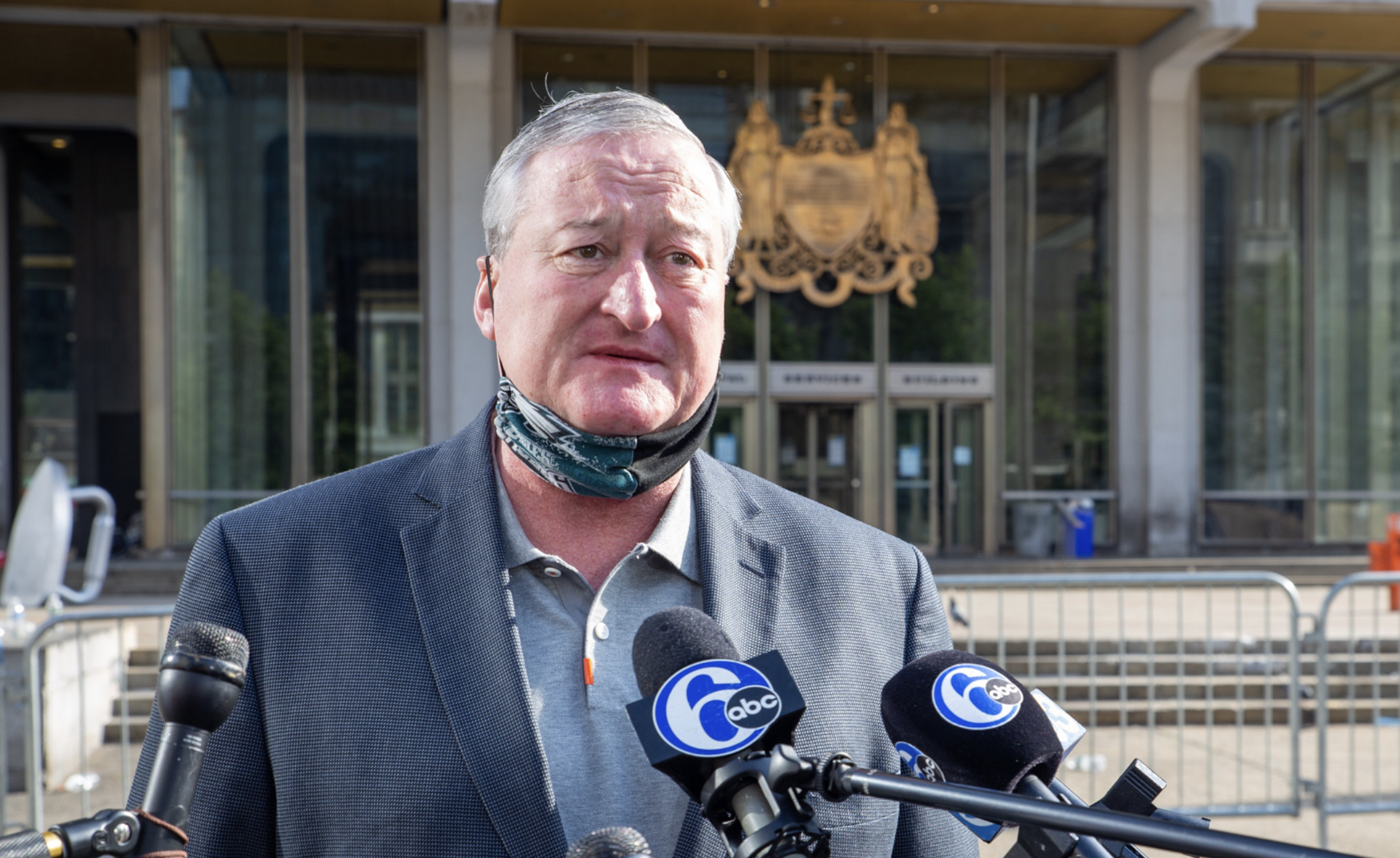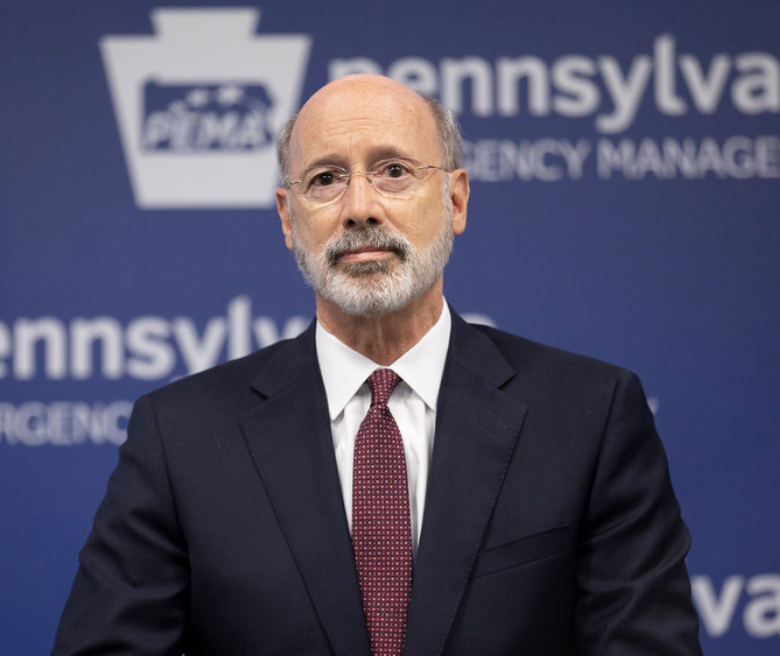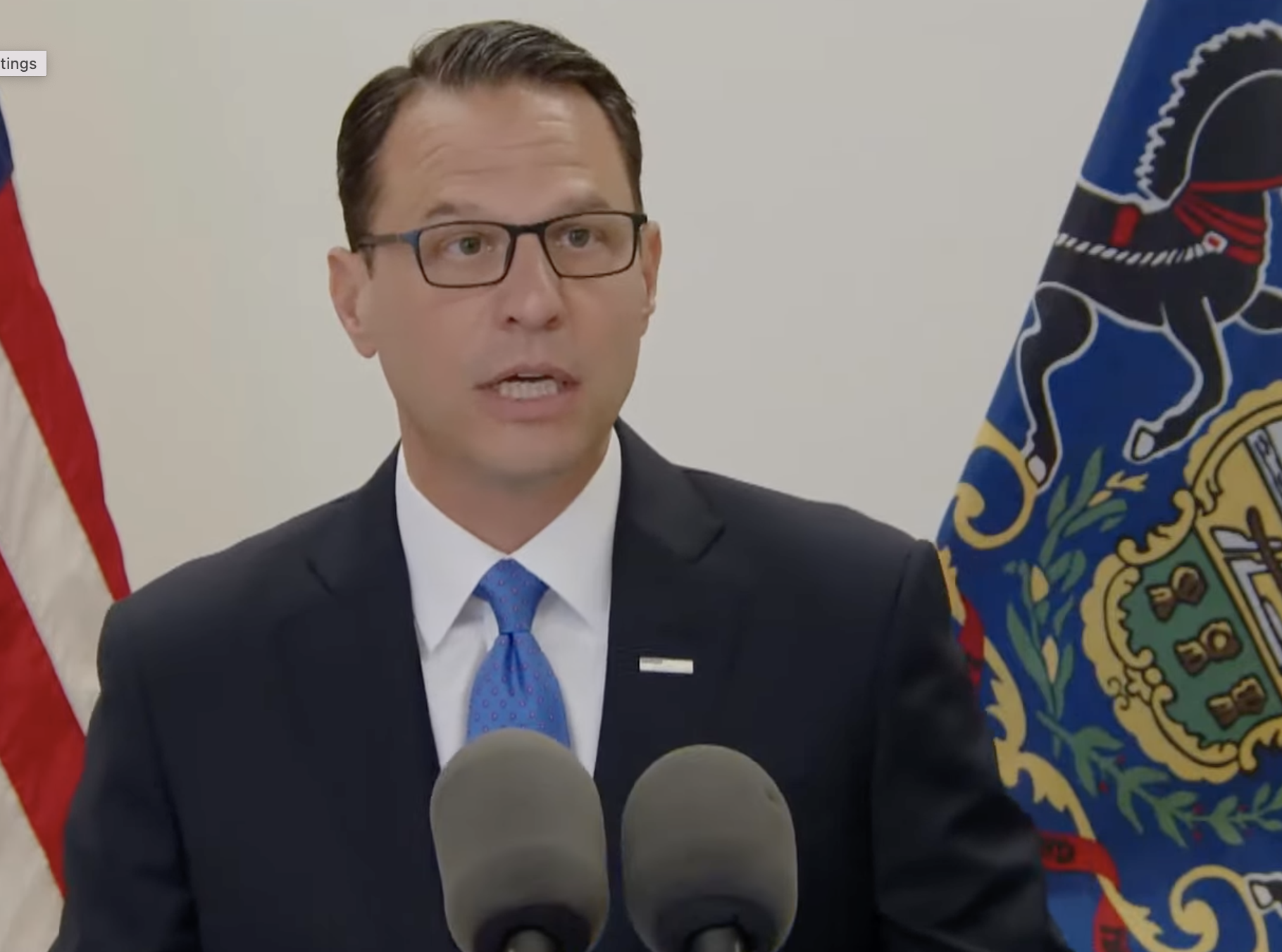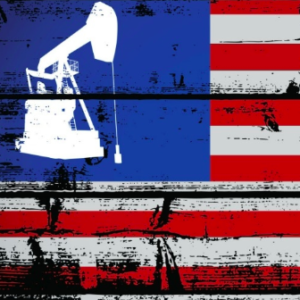GALLAGHER: Main Street Depends on Steel Jobs
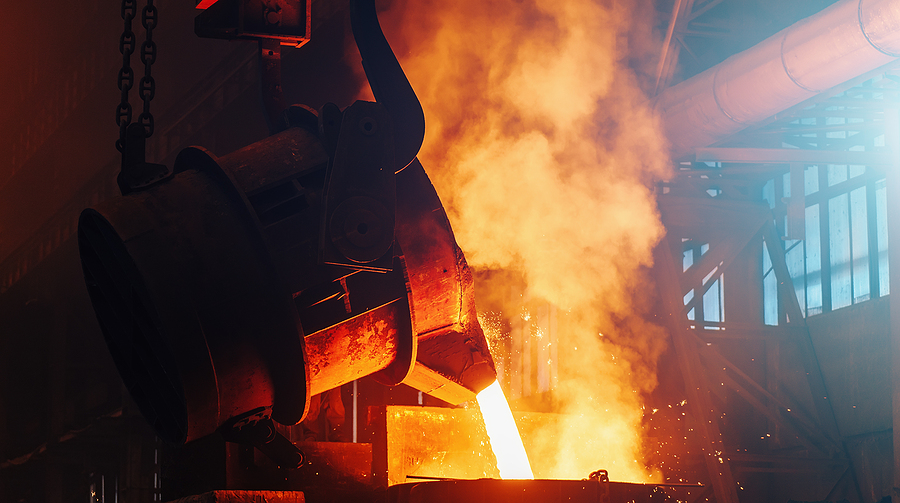
Amidst the challenges facing Pennsylvania’s Main Street businesses, the looming threat of job losses casts a shadow of uncertainty. As the state grapples with the future of its steel industry, the choice between preserving local jobs or succumbing to further consolidation grows ever more critical. In this pivotal moment, the entrance of Nippon Steel potentially represents a beacon of hope for Pennsylvania’s workforce.
With a commitment to preserving US Steel’s identity and honoring agreements with workers, Nippon is making a serious effort to assuage job loss concerns by committing to keeping jobs in Pennsylvania and prioritizing the well-being of local communities. According to a press release, U.S. Steel will “retain its iconic name and headquarters in Pittsburgh” if bought by Nipon Steel Company (NSC) rather than Cleveland Cliffs.
NSC said it would honor agreements with the U.S. Steelworkers Union: “All of U. S. Steel’s commitments with its employees, including all collective bargaining agreements in place with its unions, will be honored and NSC is committed to maintaining these relationships uninterrupted.”
It is not only the steel industry workers who benefit from keeping jobs in the state, family businesses of all shapes and sizes depend on steel workers as a customer base and benefit tremendously from the steel industry’s economic footprint.
The job picture in Cleveland is less clear. An article last year in Cleveland Magazine cited sources that said the Cleveland company was preparing to ship a significant number of jobs from Pittsburgh to Cleveland. The article claims: “a major tenant is gobbling up more office space. The tenant, Cleveland-Cliffs Inc., is adding hundreds of office workers to the building, a number that could reach 2,000 employees in the next few years if it is able to acquire Pittsburgh-based rival U.S. Steel. If that happens, two sources who are close to Cliffs’ executives say Cliffs will reconsider 200 Public Square as its headquarters of what would become the nation’s largest steelmaker.”
The Cleveland company’s apparent track record of consolidation paints a concerning picture of the potential consequences for Pennsylvania’s Main Street. This pattern of consolidation has left communities reeling, with Main Street businesses bearing the brunt of the fallout. Reports of potential job relocations and consolidations have sparked fear among Pennsylvania residents, who have borne witness to the devastating effects of previous mergers and acquisitions as well as the fallout from past trade deals like NAFTA.
In order to preserve Main Street jobs and preserve the fabric of Pennsylvania’s communities, Pennsylvania lawmakers should oppose any deals that are likely to move jobs out of Pennsylvania. The long-term consequences of further consolidation are clear: more job losses, more economic hardship, and more uncertainty for Pennsylvania’s Main Street. In the face of mounting challenges, Pennsylvania’s policymakers must seize this opportunity to champion the interests of their constituents. The time to act is now, for the sake of Pennsylvania’s workers, families, and communities.
Please follow DVJournal on social media: Twitter@DVJournal or Facebook.com/DelawareValleyJournal



